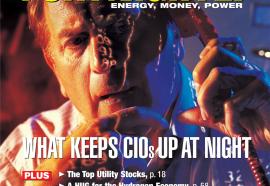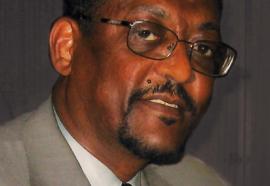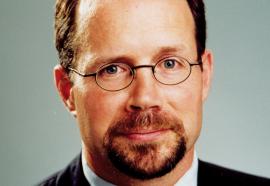New Market Opportunities in the Hydrogen Economy
Billions in new revenue could be realized early in the transition.
In a hydrogen-electric economy, power companies could see very large market opportunities—and play a major role in enabling and accelerating implementation.







